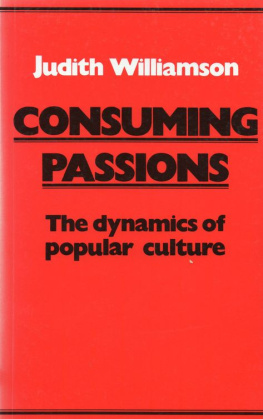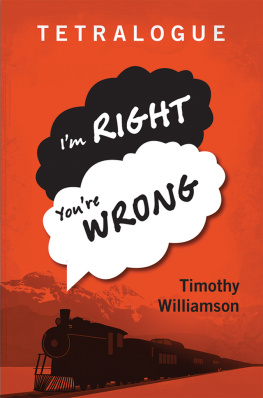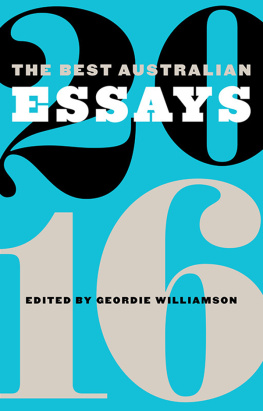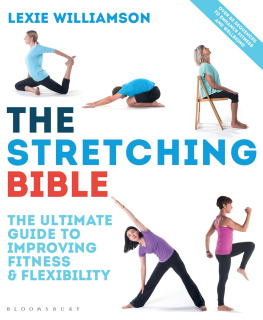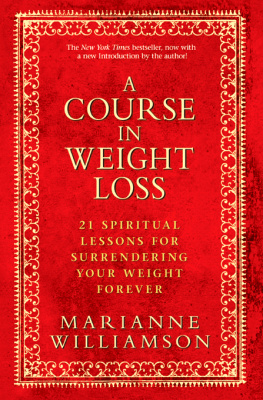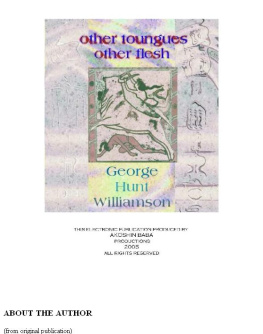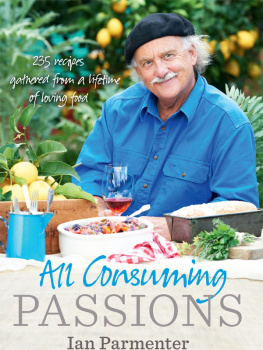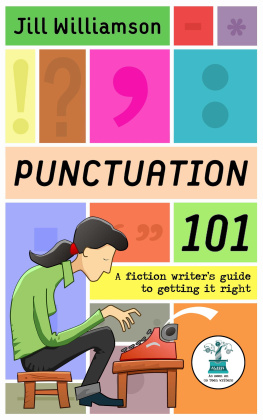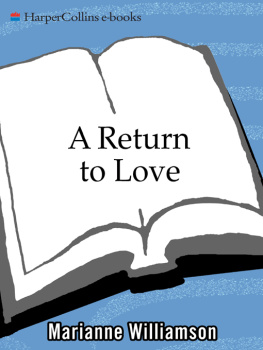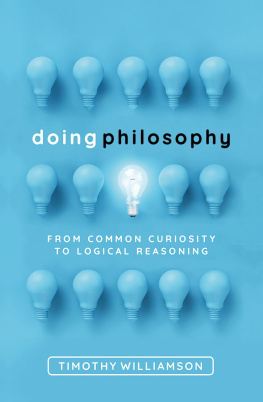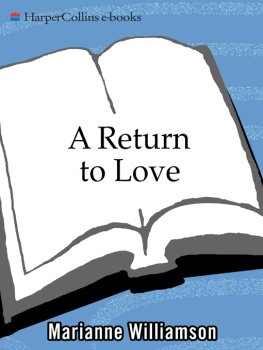Williamson - Consuming passions: the dynamics of popular culture
Here you can read online Williamson - Consuming passions: the dynamics of popular culture full text of the book (entire story) in english for free. Download pdf and epub, get meaning, cover and reviews about this ebook. City: Great Britain;Großbritannien;United States, year: 1988;2012, publisher: Marion Boyars, genre: Romance novel. Description of the work, (preface) as well as reviews are available. Best literature library LitArk.com created for fans of good reading and offers a wide selection of genres:
Romance novel
Science fiction
Adventure
Detective
Science
History
Home and family
Prose
Art
Politics
Computer
Non-fiction
Religion
Business
Children
Humor
Choose a favorite category and find really read worthwhile books. Enjoy immersion in the world of imagination, feel the emotions of the characters or learn something new for yourself, make an fascinating discovery.
- Book:Consuming passions: the dynamics of popular culture
- Author:
- Publisher:Marion Boyars
- Genre:
- Year:1988;2012
- City:Great Britain;Großbritannien;United States
- Rating:4 / 5
- Favourites:Add to favourites
- Your mark:
- 80
- 1
- 2
- 3
- 4
- 5
Consuming passions: the dynamics of popular culture: summary, description and annotation
We offer to read an annotation, description, summary or preface (depends on what the author of the book "Consuming passions: the dynamics of popular culture" wrote himself). If you haven't found the necessary information about the book — write in the comments, we will try to find it.
Consuming passions: the dynamics of popular culture — read online for free the complete book (whole text) full work
Below is the text of the book, divided by pages. System saving the place of the last page read, allows you to conveniently read the book "Consuming passions: the dynamics of popular culture" online for free, without having to search again every time where you left off. Put a bookmark, and you can go to the page where you finished reading at any time.
Font size:
Interval:
Bookmark:
To the memory
of my father
Tom Williamson
19151985
With the exception of half a dozen new pieces, the articles and essays in this book have been written over a period of about eight years, and first appeared in a variety of publications. I have not made any fundamental alterations to them since retrospective editing would, in a sense, turn them all into products of the present. However, where significant alterations were made by these publications I have reinstated my own versions, and included sections that were cut through lack of space. Where my original title for a piece differs from the one it was published under, I have used the original but indicated the published title at the end.
These minor changes aside, I have let the work stand; for despite the stretch of time over which they were written, the articles share certain concerns and perspectives and, I believe, add up to an investigation of some of the many forms in which passions are consumed.
I am grateful to all the publications which have commissioned and printed my work, but I would particularly like to mention City Limits magazine, having been a founder member of the co-operative, and I would like to thank all its workers, past and present. I also want to thank Helen Dady, who typed the final manuscript, Katherine Shonfield and Janet Williamson, for their perceptive comments on many pieces, Don MacPherson, who co-wrote Prisoner of Love and whose generous encouragement helped me get the whole project off the ground, and Brand Thumim, whose advice and support have been invaluable to me during the completion of this book.
We are consuming passions all the time at the shops, at the movies, in the streets, in the classroom: in the old familiar ways that no longer seem passionate because they are the shared paths of our social world, the known shapes of our waking dreams. Passions born out of imbalance, insecurity, the longing for something more, find forms in the objects and relations available; so that energies fired by what might be, become the fuel for maintaining what already is. Every desire that needs to be dulled, every sharpness at the edge of consciousness that needs to be softened, every yearning that tries to tear through some well-worn weakness in the fabric of daily life, must be woven back into that surface to strengthen it against such exposure. Consuming passions can mean many things: an all-embracing passion, a passion for consumerism; what I am concerned with is the way passions are themselves consumed, contained and channelled into the very social structures they might otherwise threaten.
The subject most avidly consumed in academic work over recent years has been desire, which has gained prestige in the theoretical world as a radical topic. But in our society where sensuality is frozen, arrested in the streets of our cities, stretched out over every surface, public imagery has accustomed us to a sexuality that is served up in slices, and theory offers the cold slab of the dissecting table to further this operation. For academic interest in desire is not unrelated to the obsession with revealing sex on every hoarding. People who study things arent fuelled by different drives from anyone else. Desire has become the subject of numerous books, conferences, articles, lunchtime lectures and so on; but the drive to read endless articles about it in theoretical journals has ultimately the same impetus as the drive to read endless articles about it in Cosmopolitan or Over21; it is just that academic work satisfies both appetite and duty, and gives an important sense of control. Desire itself is channelled into this endless, obsessive theorizing about desire harnessed in its own pursuit; and with theory, as with sex, the more elusive its object, the more interesting this pursuit is.
But passion passion is another story. It is to be written about, but not with: for the essence of all this academic work on desire is to staycool. In the dominant ideology of our culture, and particularly its more intellectual layers, it has never been fashionable to over-invest in any activity. And the bourgeois etiquette whereby any violent display of feeling is automatically taboo, any raising of the voice rude no matter what the reason, merely sets out the pattern of a much wider social phenomenon, the consensus by which any form of the extreme is outlawed. Passions are fine on the cinema screen or in hi-fi advertisements but not on the demonstration or picket line. For in the peculiar but familiar customs of consumer capitalism, our emotions are directed towards objects, rather than actions.
Marx talks of the commodity as congealed labour, the frozen form of a past activity; to the consumer it is also congealed longing, the final form of an active wish. And the shape in which fulfilment is offered seems to become the shape of the wish itself. The need for change, the sense that there must be something else, something different from the way things are, becomes the need for a new purchase, a new hairstyle, a new coat of paint. Consuming products does give a thrill, a sense of both belonging and being different, charging normality with the excitement of the unusual; like the Christmas trips of childhood to Oxford Street, to see the lights and the lighted windows, passions leaping through plate-glass, filling the forms of a hundred products, tracing the shapes of a hundred hopes. The power of purchase taking home a new thing, the anticipation of unwrapping seems to drink up the desire for something new, the restlessness and unease that must be engendered in a society where so many have so little active power, other than to withdraw the labour which produces its prizes. These objects which become the aims of our passions are also shored up to protect us from them, the bricks of a dam held together by the very force it restrains. Passion is a longing that breaks beyond the present, a drive to the future, and yet it must be satisfied in the forms of the past.
For passion has no form of its own and yet, like the wind, is only revealed in forms; not a ready-made object, it is what breathes life into objects, transforming movement into shape. It is not found in things, but in ways of doing things; and the ways things are done are another kind of shape, less solid to our touch than products, but equally forms in which passions are consumed. These forms, not merely of objects but of our activities, provide at once our passions boundaries and their expression: they are a shared language, for the shapes of our consciousness run right through society, we inhabit the same spaces, use the same things, speak in the same words. The same structures are found at every level: the property laws that underpin bourgeois capital also govern personal relationships, marriage, sex, parenthood; the deferred gratification of emotional investment mirrors the very forms and strategies of economic investment. And they are found on every side: the back-to-nature organic commune in Wales or California reveals many of the qualities and values of capitalist private enterprise and distaste for urban politics; the need for constant change in radical styles reflects a consumer system based on built-in obsolescence. The forms of oppression frequently provide the mould for its resistance; thus the Labour Party sets itself the task of producing a strong leader to match Mrs Thatcher, rather than questioning the terms of leadership in the air at the last election. And the highly visible, individual violence focused on by the media in mining communities during the miners strike, exists in exact proportion to the less immediately visible, social violence of the plans that have caused it plans for closures which could ravage those communities in an ultimately much more far-reaching way.
Font size:
Interval:
Bookmark:
Similar books «Consuming passions: the dynamics of popular culture»
Look at similar books to Consuming passions: the dynamics of popular culture. We have selected literature similar in name and meaning in the hope of providing readers with more options to find new, interesting, not yet read works.
Discussion, reviews of the book Consuming passions: the dynamics of popular culture and just readers' own opinions. Leave your comments, write what you think about the work, its meaning or the main characters. Specify what exactly you liked and what you didn't like, and why you think so.

